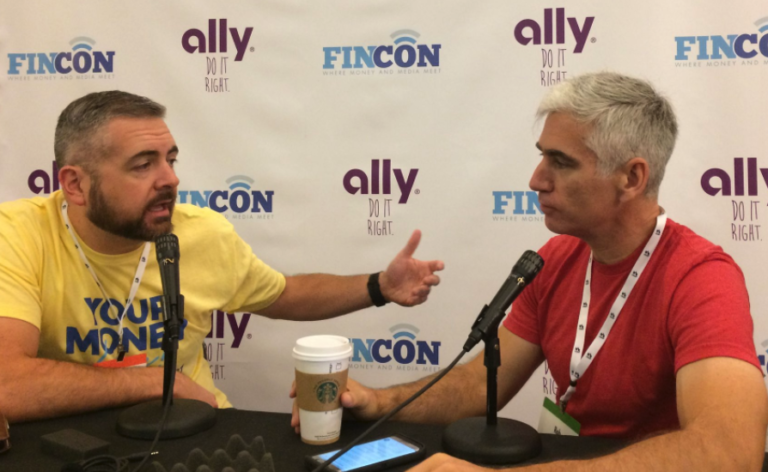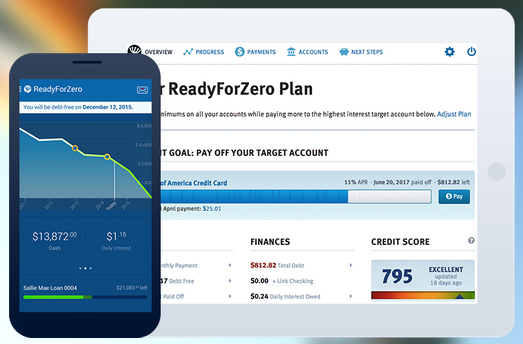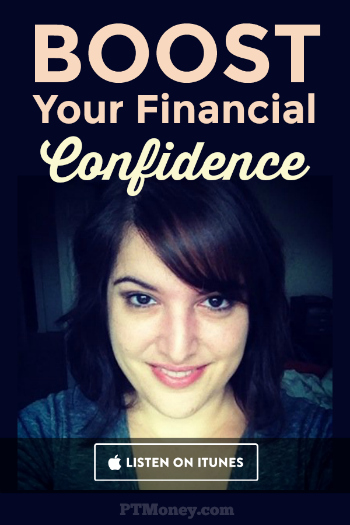7 Things to Know About Credit Card Default
When a credit card company approves you for an account they issue you a line of credit.
This credit card limit is the maximum you can borrow with the credit card company. Let’s say that amount is $5,000. That $5,000 line of credit is an unsecured line of credit.
Unsecured credit does not have an asset tied to the loan (like your house). If you default on your home mortgage the bank will foreclose on you and take the asset, your home, from you.
But what happens when you don’t pay your credit card bill?
What is Credit Card Default?
Credit card default happens when you borrow money on your credit card and never pay it off. The path to default is unpleasant and full of increasingly angry phone calls from the company you owe money to. Let’s take a look at what usually happens.
A Credit Card Default Example
- You receive a $5,000 line of credit with ABC Credit Card Company.
- You charge $5,000 on an awesome flat screen television, sofa, and surround sound system. You’ve borrowed the money from ABC Credit Card Company and have 30 days to pay it back.
- 27 days after you got your awesome entertainment setup, you lose your job. Due to poor financial planning you don’t have an emergency fund and have no way of paying the credit card company back. Strangely enough the electronics store you bought your gear from has no interest in taking your equipment back now.
- You miss your minimum payment of $100 on your bill’s due date. The credit card company charges you a late fee and financing fees (interest) based on the agreement you signed with them when you first opened the account. You’re probably looking at a $30 late fee plus the interest charges. Your balance jumps by $145.
- After some period of time, usually 60 to 90 days, the credit card company will move your account standing to “in default” because you defaulted on the loan they gave you. During this time frame you are still wracking up interest and fees.
- Leading up to 180 days after you were supposed to pay the bill the company will continue to call and try to collect, convince you to make a payment, something, anything to get part of the loan back. They really don’t want to lose that $5,000.
- After 180 days the company usually gives up and writes off the amount of the loan you received. They then sell the account to a collection agency for pennies on the dollar. The collection agency will now do anything it can to make you pay them back.
It’s not a pretty picture nor can I imagine it is fun to go through. You fully intended to pay the loan off, but times got tough. You made poor financial decisions, and you simply couldn’t pay. ABC Credit Card Company is understandably not to keen to hear your sob story.
Credit Card Default and Your Credit Score
Once your account goes into default your credit score is going to take a dramatic hit. How dramatic of a hit is somewhat determined by how good your credit score was to begin with. FICO released some statistics showing the impact to your credit score for various negative financial situations like a late payment, foreclosure, and bankruptcy.
Notice how the good score takes a bigger number hit than the lower score.
But what will this do to your interest rates? Looking at home loans rates based on your credit score you could see your interest rate go up by over 1%. That is if you could even find a bank to loan you money. (And having just lost your job, that probably isn’t going to happen!)
Defaulting on any loan will put a big black mark on your credit score. Leading up to the big black mark will be several smaller black marks showing where you missed your payments.
Not many intelligent lenders are going to look at your credit history and be willing to hand over more money to you. But you can recover from this — more on that in a moment.
Related: Improve Your Credit Score with Our Ultimate Guide to Credit
The CARD Act Eliminates Universal Default
As bad as defaulting on any loan is, it used to be worse. The financial industry came up with a handy term called universal default. What is universal default? Let’s say you have credit cards with two companies: Company A and Company B. Universal default means if you default on a loan with Company A and Company B finds out about it, Company B can jack up your interest rate because you defaulted somewhere in the financial universe.
It was definitely an unfair practice that would quickly lead to a destroyed credit score and financial situation. Instead of knocking over one domino, the whole row of dominoes gets knocked down. The CARD Act that went into effect earlier this year eliminated that practice.
Is It Ever Okay to Default on Your Credit Cards?
Of course not. But stuff happens, right? You make poor decisions, the roll of the dice doesn’t go your way, and you find yourself in a terrible financial situation. I’m a big fan of Dave Ramsey‘s take on this.
You simply have to prioritize. Four things come first: food/water, shelter, clothing, and transportation. That means buying food, paying your utilities and rent, and getting to work to continue to earn income. If the money runs out at the end of the month… say you’re sorry to the credit card company and get ready for a host of angry phone calls.
Prepare for Collectors
There is a host of resources online for dealing with collection agencies. There are specific laws that collection agencies break all the time. They’re just trying to get you to pay. As with any law knowing your rights will go a long way in keeping you from absolutely freaking out.
Do your research and prepare yourself for the ugly situation that is headed your way.
How to Recover from Credit Card Default
You’ve defaulted. You’ve dealt with the collection agencies. You’re ready to move on. Is it possible to recover from credit card default? Yes, but don’t expect immediate results. You will have wrecked your credit score by this point.
It will be difficult to get new credit — credit you need to build your credit score back up.
Or heck, give up and just pay cash for everything. I don’t recommend this route, but some people swear by it. Credit doesn’t matter if you never use it.


![Build Your Credit and Savings at the Same Time with Self Lender [It’s Legit!]](jpg/self-lender-legit.jpg)




I am entering into this “default” right now. I have chosen 3 out of 5 cards to “let go”, along with my mortgage I am 1/3 upside down in. I make in the mid 100’s. My wife made around 40K. She just lost her job due to illness, and I have not managed our finances well enough to be prepared for this. My head is with Matt right now. I am making the decision to have security (cash) and a bank account vs. a credit score. 40 years to get there, but here I am.
Hey Matt, I had a credit card, I am now done with credit cards like you but now I am in default on one of them. Never again! My question is can they just take it out of your account. I am on disability ssi and Not working now! I can’t now. I owed 238 that turned into 900 over night and Not by my doing? It was very unfair but that errelevant. If I paid that or they took it out of my account Right now I would be in big trouble! How did you end up in court? Did they serve you? How do I avoid this? This is not something I could handle right now!
Those tough situations do get very tough. As a matter of clairifaction to Matt’s comments regarding the amount of time to collect on judgments, states do vary and it is much longer than a typical statute of limitation. I believe Texas allows judgment creditors ten years to collect, which may be extended by successive ten year periods by refiling the writ of execution. In some cases, the refiling period can be extended by another two years by scire firias (sp).
@Matt: I see your point, but I also think what PT mentions is important. Poor credit can increase your costs in areas most people don’t associate with credit. Is it fair? Probably not. Does it happen? Absolutely.
This is also coming from the point of view of someone that knows how to manage credit, earns more than $400 per year in cash back, and enjoys the perks of great credit like a great mortgage rate.
But your point about people worrying too much about credit and not how much they have in the bank is definitely valid. I just happen to like the best of both worlds!
@Matt – what’s your thoughts on the credit score’s affects on insurance rates and job applications? there’s more to credit scores than just getting another loan, right?
The last line of this post says it all: “Credit doesn’t matter if you never use it”. Not sure why the writer “doesn’t recommend this route” – living the route of credit cards, for me, led to nothing but pain. But everyone is different. I have lived credit-card-free for over seven years, and can say from first-hand experience that not using credit cards doesn’t hinder me in the least. However, I went through the ugly path outlined in this post for a number of years, after defaulting on a couple of cards. In addition, I faced civil court actions (judgements) on two defaulted cards; one judgement was negotiated and settled for half what I originally owed, the other has disappeared – the statute of limitations for collecting on it ran out. The best way to deal with your credit score when you are going through a financial crisis is to simply not worry about it at all. Forgetting about my credit score for a number of years completely removed all “FICO stress”. Too many people worry WAY too much about their credit score, and not nearly enough about what they have in the bank.